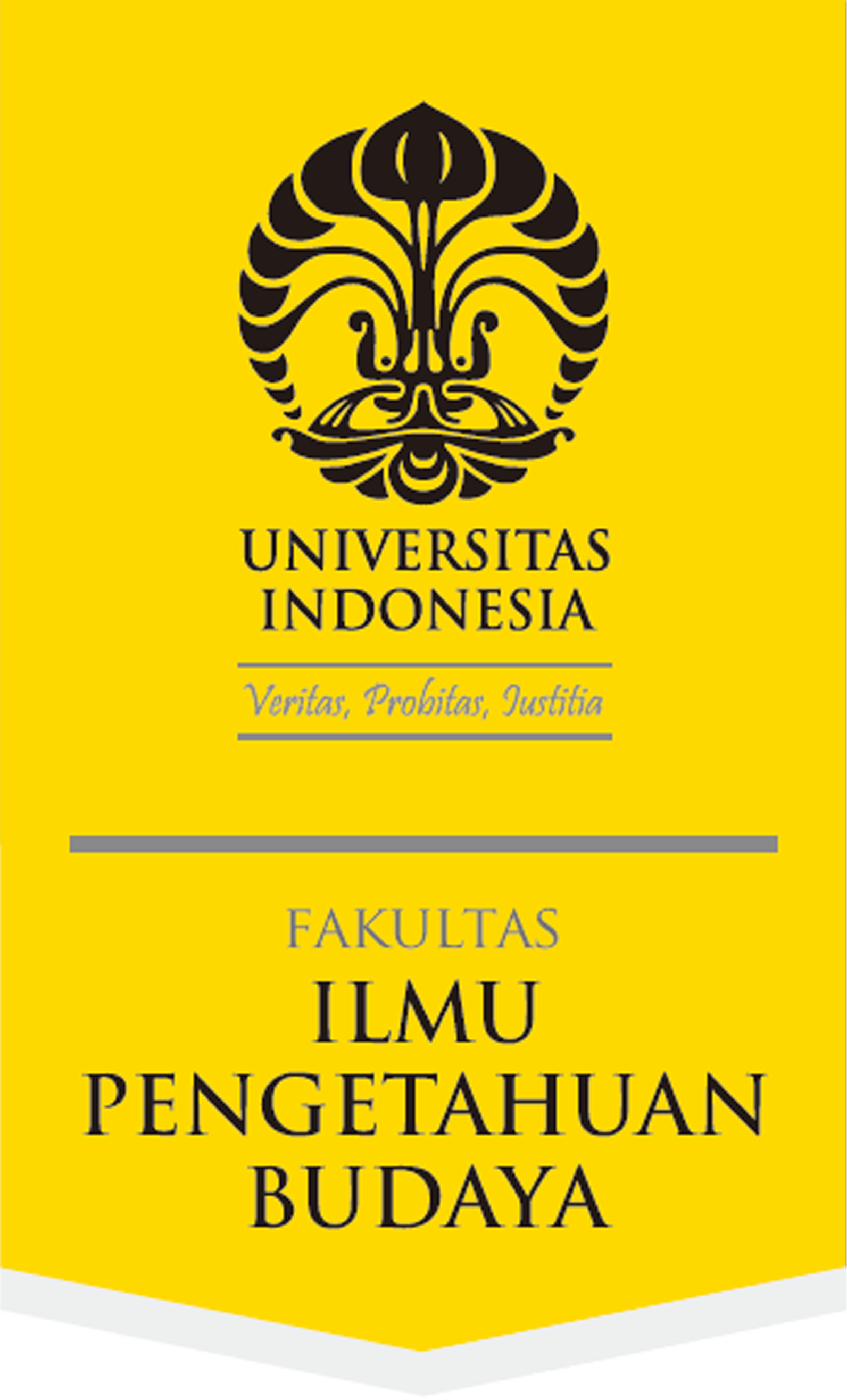Abstract
Japan and the Netherlands have maintained a special relationship for about 300 years since the adoption of the National Seclusion policy, the so-called sakoku by the Tokugawa shogunate (1603-1867). The Dutch began trading with Japan and engaging with Japanese society in 1600, when a Dutch ship, De Liefde, arrived in Kyushu. The Tokugawa government measures regarding foreign policy included regulations on foreign access to Japan and a prohibition on Japanese going abroad. Between the middle of the seventeenth to the early nineteenth century, Japan was characterized by a stable political pattern in which representatives of the VOC (Dutch East India Company), were the only Europeans with a right to trade in Japan. In the course of this period, the Japanese evaluation of the Dutch changed from regarding them as commercial agents to seeing them as importers of European knowledge. This paper is especially concerned with the influence of the so-called 'Dutch Studies' (rangaku) on the early modernization of Japan, especially with regard to medicine and the natural sciences. This research examines the development of rangaku and the trading between Japan and VOC at Dejima.
References
Akagi, Akio. 1980. Rangaku no Jidai. Tokyo: Chuo Shinsho..
Bourdieu, Pierre. 1990. Outline of a theory of practice. London: Cambridge University Press.
Bourdieu, Pierre, and Jean-Claude Passeron. 1990. Reproduction in education, society, and culture. London: Sage Press.
De Graaf, H.J. 1989. Terbunuhnya Kapten Tack: kemelut di Kartasura Abad XVII. Diterjemahkan oleh Dick Hartoko. Jakarta: Grafiti Pers.
Foucault, Michel. 1977. Discipline and punish. New York: Pantheon.
Foucault, Michel. 1997. Seks dan kekuasaan. Jakarta: Gramedia. Goodman, Grant K. 1986. Japan: the Dutch experience. London: Cambridge University Press.
Gramsci, Antonio. 1971. Selections from the Prison Notebooks of Antonio Gramsci. Quintin Hoare dan Geoffrey Nowell-Smith (red. dan penerj.). New York: International Publishers.
Huibert, Paul. 1984. Nederlanders in Japan 1600-1854: de VOC op Desjima. Weesp: Fibulan-Van Dishoeck.
Inoue Kiyoshi., et al. 1973. “Rangaku no Hattatsu To Kagaku Gijutsu”, Nihon Bunkashi Taikei. Vol. 6. Tokyo: Shogakukan.
Iwao Seiichi. 1974. Nihon no Rekishi: Sakoku. Jilid 14. Tokyo: Chuo Koronsha.
Kato Fumio. 1999. Gakumon no Hana Hiraite. – Rangaku Jishi no Nazo wo Saguru. Tokyo: Shin Nihon Shuppansha.
Nishi Kazuo. 2004. Nagasaki, Dejima, Oranda Ikoku Jijō. Tokyo: Kadokawa Shoten.
Sakai Shiji. 2004. Surasura Yomeru “Rangaku Jishi”. Tokyo: Kodansha.
Nakamura, Tadashi. 1970. “Shimabara no Ran ni kansuru Kousatsu”, Kyushu Sangyo Daigaku Kyoyubu Kiyou Vol. 6: 1-21.
Numata Jiro; Matsumura Akira; Sato Shosuke. 1976. Yougaku-Nihon Shisou Taikei. Tokyo: Iwanami Shoten.
Numata Jiro, et al. 1986. Yougakushi Jiten. Tokyo: Nichiran Gakkai.
Purwadi. 2007. Sejarah raja-raja Jawa. Yogyakarta: Media Ilmu.
Simon, Roger. 1991. Gramsci’s political thought: an introduction. London: Lawrence and Wishart.
Totman, Conrad. 1988. Tokugawa Ieyasu Shogun. Kyoto: Heian International Inc.
Recommended Citation
Wibawarta, Bambang
(2008)
"Dejima; VOC dan "rangaku","
Wacana, Journal of the Humanities of Indonesia: Vol. 10:
No.
2, Article 4.
DOI: 10.17510/wjhi.v10i2.195
Available at:
https://scholarhub.ui.ac.id/wacana/vol10/iss2/4









